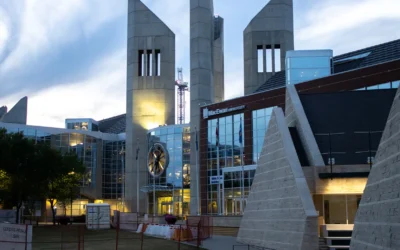As of the beginning of March, British Columbia has decriminalized the personal possession of certain illegal drugs.
British Columbia is continuing its fight against the toxic drug crisis that has plagued the province. It was reported earlier this year that more illicit drug-related deaths took place in 2022 than in any previous year, estimating 11,171 deaths within the greater cities of B.C., including Vancouver, Victoria, and Kelowna. Decriminalization has been effective in reducing substance abuse damage, as seen in countries like Portugal, Germany, Australia, and Uruguay.
The new exemption states that “adults (18 years and older) in B.C. are not arrested or charged for possessing small amounts of certain illegal drugs for personal use.” This includes opioids, cocaine (powder and crack), MDMA (ecstasy), and Methamphetamine (meth). It is highly important to note that the drugs have not been legalized in the sense that they have now been made legal in the province of British Columbia, and, therefore, people cannot be charged for possession or distribution. The illegal drugs listed above have only been decriminalized in small amounts and if they are for personal use. The reports detail that a total of 2.5 grams or less fall under the decriminalization category.
The exemption, however, is not a means of legalizing toxic drugs. They still remain illegal to distribute in stores and on the streets. They are also not allowed to be held within airports, Canadian Coast Guard vessels, helicopters, or any licensed child-care facility and schools. Anyone possessing over 2.5 grams of a combined total of illegal drugs can still be prosecuted by the British Columbia Government. The government expects the new exemption will save money in the criminal justice system while lowering substance use and overdose deaths, as seen in Portugal, by reducing the stigma around utilizing their life-saving supports and services. British Colombia is monitoring how this reduction will make improvements to the overall drug experience and outcomes of using, including police interactions and socio-economic stability. It will also improve the connections made to the services and supports set in place and provide the necessary public information about substance use.
Even with this new program being put into effect, The Alberta Association of Chiefs of Police has shut down any immediate action to follow in British Columbia’s footsteps. In a press conference of February 23, the president of the Alberta Association of Chiefs of Police believes that rushing into decriminalizing drugs would be premature based on the research they have commissioned. They have supported decriminalization in the past but are looking to implement more than one set of reforms in order to decrease the drug substance abuse rate in Alberta.





0 Comments